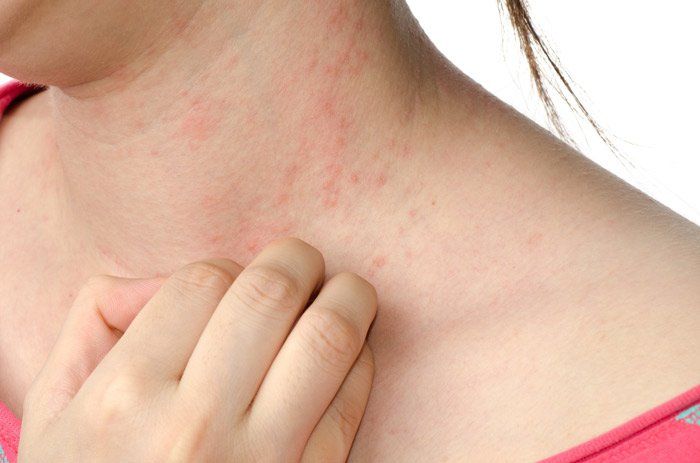We hope that you and your family are safe and healthy.
Given the following:
many of our patients have underlying conditions that could potentially make infection with COVID-19 more severe
in light of the fact that the ongoing novel Coronavirus pandemic is officially now local,
to ensure the clinic can remain open to best serve the needs for ALL of our allergy and asthma patients, we have implemented the following:
- If you have a cough or fever, DO NOT come to the office. Call ahead first . We may be able to schedule a Tele-Visit to accommodate you. This is to protect all of our patients in the waiting room who are not ill.
- We are unable to test for COVID-19. Currently this must be done at our local health department.
- We have enhanced our already robust office cleaning protocols, cleaning all contact surfaces frequently with powerful antiseptic products.
- Patients with cough (it is asthma season) are provided mask Before entering the clinic and will be directly taken to an exam room to isolate from the general waiting room population
We encourage all of our patients to follow the recommendations of the CDC and WHO to limit exposure:
CDC: https://www.cdc.gov/coronavirus/2019-ncov/index.html
WHO: Coronavirus
Remember also that the flu is still circulating and if you haven’t had your flu shot, it’s time to get it now. As of today a fever is still likely to NOT be COVID-19, but that may change rapidly.
If you’ve been taking your asthma medication less than regularly, it is now time to religiously take them daily as prescribed. If you have questions about how to use them please contact us.
If you need refills please let your pharmacy know, they will contact us.
Working together, we can slow the spread of this virus and minimize its impact.
It is spring and allergy season is here. COVID-19 doesn’t change that. My office is here to continue to manage all of the usual symptoms you may experience.
We don’t want anyone to fall behind on allergy shots if at all possible. Hopefully this pandemic will pass in a few months, but another allergy season is always just around the corner.
Let us know if we can help and take care of yourselves and your families!
All of our best,
Dr Haden and all of the staff at Haden Allergy






